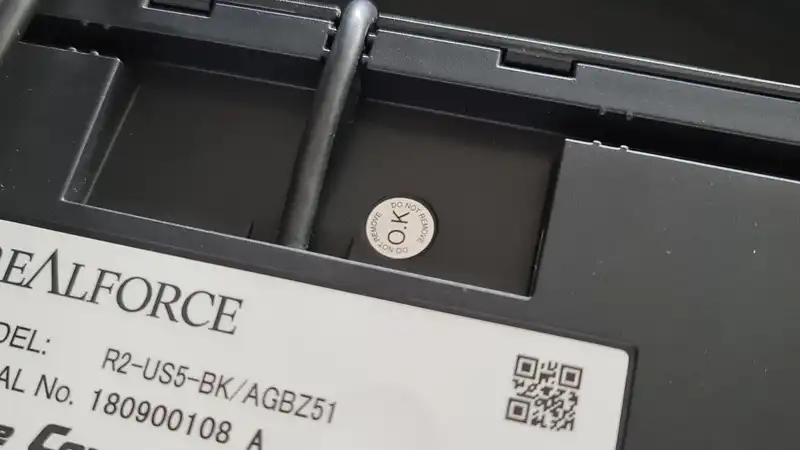As anyone who lives without a screwdriver knows, nothing causes more internal strife than finding a sticker on an electronic device that says "warranty voided if removed. Do you have the courage to continue disassembling the device, or is it best to leave it as is lest the warranty be voided and you be unable to get it repaired by an expert?
The Federal Trade Commission (FTC) has now expressed concern to eight companies, including ASRock, Gigabyte, and Zotac, that the stickers used by these manufacturers violate the Magnuson-Moss Warranty Act and has practices (via The Verge). This federal law provides for consumer product warranty protection, and as far as the FTC is concerned, these threatening stickers are a violation.
Samuel Levine, Director of the FTC's Bureau of Consumer Protection, stated: "These warning letters alert companies that restricting consumers' right to repair violates the law."
"Protecting consumers' right to repair and independent dealers' right to compete The FTC will continue its efforts to do so"
.
The Magnuson-Moss Warranty Act, enacted in 1975, was designed to prevent manufacturers from using warranty disclaimers in an unfair or misleading manner.
The FTC considers such language, along with warning stickers on several companies' products, to be an impediment to consumers' routine maintenance and repair. In the letter, the U.S. agency urges the companies to review their promotional and warranty materials to ensure that they "do not state or imply that the use of a particular part or service is a condition of warranty coverage."
For example, ASRock states in the first line of its warranty terms that "the warranty is void if the product has been altered, damaged, or otherwise tampered with, for example, if the outer box is opened or additional optional parts/components are installed/removed."
Of course, this is U.S. law enforced by U.S. agencies, but many other countries have similar restrictions in place; the EU has also recently adopted new regulations to strengthen its right to repair laws. These include informing manufacturers about consumer rights, providing extended legal warranties, and offering cost-effective repair services.
Spare parts and tools are now required to be offered at reasonable prices, manufacturers operating in the EU can no longer interfere with consumer repairs through hardware or software, and independent repair shops and home users can install suitable replacements The system is now in place.
Given the rapidly growing amount of e-waste littering the planet, worldwide enforcement of right-to-repair and consumer warranty protection laws may reduce somewhat the "disposable element" of modern electronic devices. Never mind that the stickers themselves, along with many other discarded plastics, end up in the ocean or landfills.


Comments